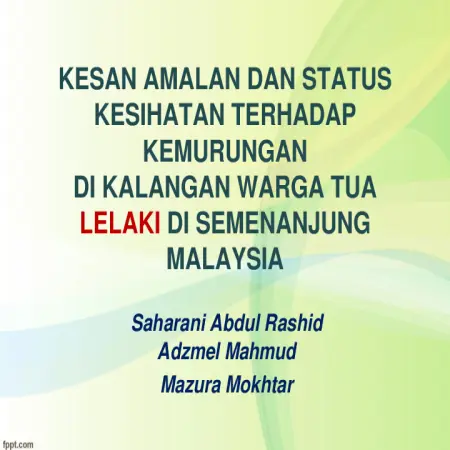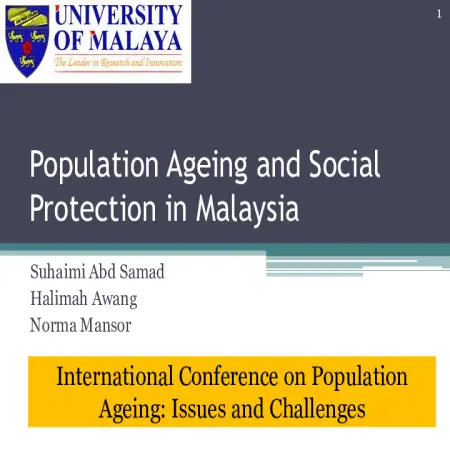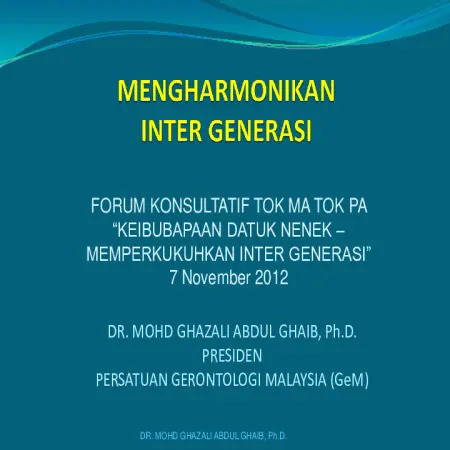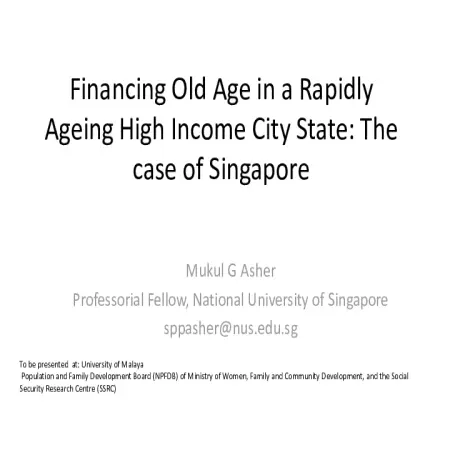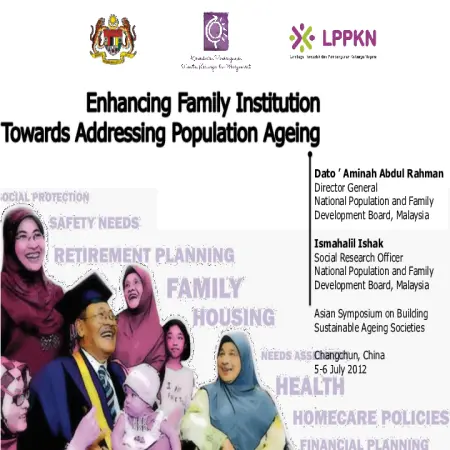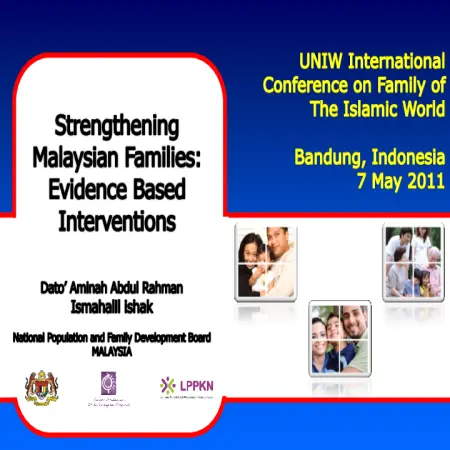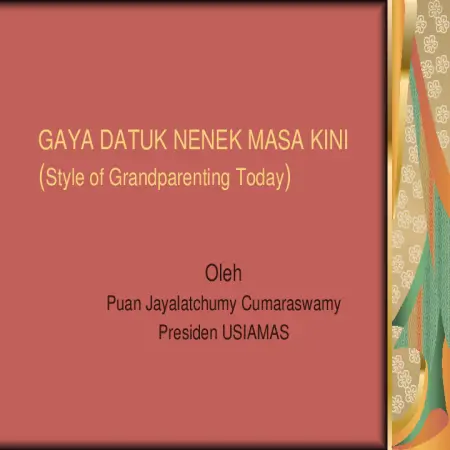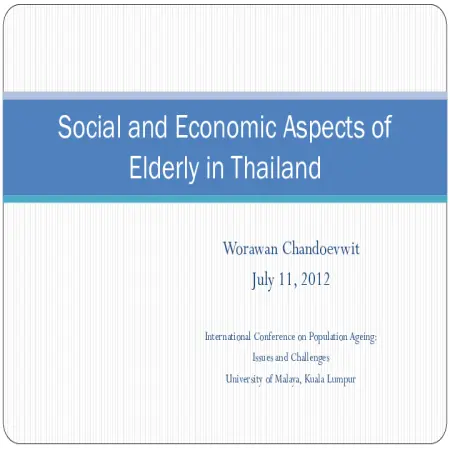PUBLICATIONS
|
|
Community based program in Ethiopia: from CBD to massive, state-run health extension program
Item Type: Conference or Workshop Item
Editor:
Year: 00/00/2012
Abstract: The Family Guidance Association of Ethiopia (FGAE) pioneered a Community-based FP Distribution [CBD] program in Ethiopia in 1991. The CBD agents were selected by the community members through prior set selection criteria including interest and willingness to volunteer for community work and sufficient knowledge about the socio-economic and cultural context of the community. The CBD program was very widely replicated by many other institutions as a low cost, effective strategy to increase access to modern contraceptive services in under-served communities. Considering the challenges related to distance and access to fixed health facilities among women with high unmet needs and the lessons drawn from project based success stories of the CBD programs, the government of Ethiopia initiated the Health Extension Program (HEP) in 2003 to accelerate utilization of primary health care services in rural communities. The HEP is implemented by trained health extension workers or practitioners at the community level with strong focus on health promotion and disease prevention and empowering community members to make decisions and take actions on their own health. The Health Extension Workers (HEW) were recruited from the community among those who completed high school and trained for one year. Currently, two female HEWs are assigned at each kebele (the lowest administrative unit) and to implement a package of 16 primary health care services including FP and maternal health. A total of about 35,000 rural HEWs and 4,800 urban Health Extension Professionals [Graduate Nurses] are deployed by MoH as government employees throughout the country. The program has created a better opportunity, particularly for rural women and young people to access health services including FP/RH.
|
|
|
|
|
|
Nurturing healthy, happy, well-planned and empowered Filipino families: the Philippine experience
Item Type: Conference or Workshop Item
Editor:
Year: 00/00/2012
Abstract: This paper discuss about challenges facing by Filipino families in nurturing healthy, happy, well-planned and empowered and the strategies in Philippine Development Plan 2011-2016 to overcome this problem.
|
|
|
|
|
|
Kesan amalan dan status kesihatan terhadap kemurungan di kalangan warga tua lelaki di Semenanjung Malaysia
Item Type: Conference or Workshop Item
Editor:
Year: 00/00/2012
Abstract: This study aims to look at the factors of practice and health status that contribute to depression among elderly men aged 60 years and above in Peninsular Malaysia. The data used in this study was obtained from the 4th Malaysian Population and Family Survey which was conducted by the National Population and Family Development Board (LPPKN). The data obtained were analyzed using Descriptive Statistics and Logistic Regression. Among the variables used were the level of health, frequency of treatment, disease, frequency of exercise and health check-ups. The results of the analysis showed that coronary heart disease, decreased labor capacity, restless inability to sleep and attending religious ceremonies were independent variables influencing the risk of depression.
|
|
|
|
|
|
Population ageing and social protection in Malaysia
Item Type: Conference or Workshop Item
Editor:
Year: 00/00/2012
Abstract: With rapid increase in number of older persons, Malaysia is faced with multitude issues of graying population resulting from declining birth rate and rising life expectancy. In 2010 4.7% of the population was above 65 years old and the life expectancy was 71.7 years for males and 75 years for females. The New Economic Model for Malaysia (NEM) 2010 defines inclusiveness, high income and sustainability, as the three prong objective towards a developed nation in 2020. The underlying principle of the inclusiveness objective is to enable every Malaysian to have access to opportunities in order to contribute to the economy and to ensure that essential needs of the people are met. At least ten policy measures were recommended to improve the well being of the bottom 40% of the population, which has been identified as underserved. The question is, to what extent is the existing social safety net policy adequate to support every Malaysian to sustain a decent living? What are the issues and gaps with social safety net for older people? This paper attempts to answer these questions and to examine other related issues. It is divided into three parts: the first parts is an assessment of the existing social safety net in Malaysia; the second part looks at some case studies of NGO’s working with the older people and the final part offers some policy recommendations as a way forward.
|
|
|
|
|
|
Mengharmonikan intergenerasi
Item Type: Conference or Workshop Item
Editor:
Year: 00/00/2012
Abstract: The purpose of the presentation is to give an overview of the differences between the older and younger generations in Malaysia and suggest some steps to bring the old and the young together. The formulation of more policies that consider the needs of the younger generation such as in sports, education, tourism, politics and media. Among the steps that can be taken to bridge the gap between the old and young is to increase public awareness of the issue aging and intergenerational unity through seminars, conferences, writings, films or hold special activities such as concerts, exhibitions, competitions video-games and others.
|
|
|
|
|
|
Financing old age in a rapidly ageing high income city state: the case of Singapore
Item Type: Conference or Workshop Item
Editor:
Year: 00/00/2012
Abstract: Singapore, an affluent city state, is among the most rapidly ageing society globally. This is due to low fertility rate (TFR of 1.2 in 2011); and increasing life expectancy (18.3 years for men and 21.8 years for women at age 65 in 2011). Its support ratio (working age persons/elderly) is projected to decline from 7.9 in 2011 to 2.2 by 2030, representing a steep decline. It primarily relies on a mandatory savings tier to finance old age. This tier is administered by a statutory Board called Central Provident Fund (CPF) under the Ministry of Manpower. The CPF has over the years been used not just for retirement, but for housing health care, and other purposes. Its wide scope and mandate has resulted in considerable complexity. This paper provides an assessment of the extent to which the current old age financing arrangements are likely to address longevity, inflation, and survivors’ risks faced by individuals in their old age. Not only each person will need support for a longer period in old age, but societal and individual expectations about old age support are also changing, reflecting the affluent society.
|
|
|
|
|
|
Enhancing family institution towards addressing population ageing
Item Type: Conference or Workshop Item
Editor:
Year: 00/00/2012
Abstract: Malaysia will be aged by the year 2030. The objective of National Policy for Older Persons, 2011 is to enhance the respect for and self-worth of the elderly in family, society and nation at the same time to develop the potential of the elderly so that they remain active and productive in national development and to create opportunities for them to continue to live independently and to encourage the establishment and the provision of specific facilities to ensure the care and protection of the elderly. The areas of Plan of Action: Promotion and Advocacy, Lifelong Learning, Safety and Protection, Governance and Shared Reasonability, Involvement and Intergenerational Solidarity, Research and Development.
|
|
|
|
|
|
Strengthening Malaysian families: evidence based interventions
Item Type: Conference or Workshop Item
Editor:
Year: 00/00/2012
Abstract: Malaysian families today are facing numerous challenges related to changing family relationships, values, need for work life balance and support systems. Some of these key challenges are as a result of a new family forms, postponement of marriage, declining fertility and effects of inflation on family economic stability. At the same time, the impact of globalization has led to different values accepted by the young. Indeed, the challenges that Malaysian families will be facing in the future will be enormous. Despite changes in the structure, families remain the most basic unit of society and this has led to the formulation of the National Family Policy (NFP). The NFP seeks to increase the family perspective in all socio-economic development design by engaging the public, private and people sectors. The Ministry of Women, Family and Community Development through National Population and Family Development Board (NPFDB), lead the family programme which includes formulation, review as well as getting the commitment of all stakeholders. Current programmes were value added based on knowledge and information from censuses, surveys, opinion polls, local views and assessment of programmes.
|
|
|
|
|
|
Gaya datuk nenek masa kini
Item Type: Conference or Workshop Item
Editor:
Year: 00/00/2012
Abstract: Based on conversative views of grandparents, grandparents are individuals who have gray hair, weak, wearing glasses and sitting on a rocking chair. Nevertheless, advances in health and socio-economic conditions have led to healthy, highly educated, still working and active seniors. Statistics show men and women spend longer time as grandparents (25years) compared to being parents with responsibilities to children (18 years). Research indicates there are substantial benefits to children interacting with grandparents. This slide presentation discuss about style of grandparenting today.
|
|
|
|
|
|
Social and economic aspects of elderly in Thailand
Item Type: Conference or Workshop Item
Editor:
Year: 00/00/2012
Abstract: Thailand is already an aging society. About 14% of population are elderly. Using a national survey, it can be shown that 16% of elderly households in the rural area have substandard living condition. The majority of elderly (60%) rely on remittance for their living. About 20% of elderly have to work for living and only 4% have government pension. Thailand is now organizing a National Saving Fund to promote saving for retirement. Another national survey finds that 80% of population want to save for their retirement but only 48% think that they can make regular monthly saving. This is consistent with another survey which finds that 50%-60% of elderly actually prepared themselves physically and mentally into the elder period. Elderly are less happy than the young. They are quite healthy, about 90% of those in the 65-74 age group can take care of themselves. It was quite normal in the Thai culture that children take care of their old parents. Above 80% of population expect that their children will take care of them physically, mentally, and financially when they become old. Taking care of old parents is something done by daughter. About 45% of elderly who are older than 94 years are taken care by daughter or daughter-in-law, another 38% take care of themselves. UN projects that Thailand will have 20 million elderly in the next 20 years which makes the elderly account for 26% of population or 45% of working age population. Without income security and long term care schemes for elderly, it would be very difficult for children to take care of their parents.
|
|
|
|







